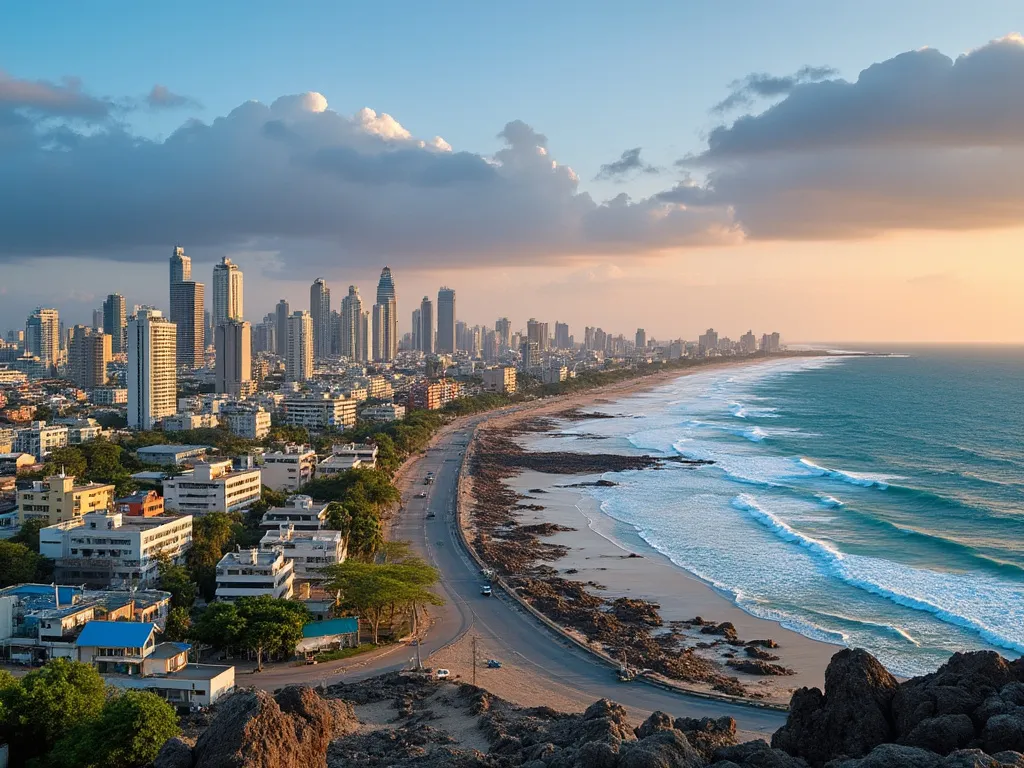
Mogadishu, the capital city of Somalia, is a city of resilience and determination. Located on the Indian Ocean coast, Mogadishu has a rich history dating back to the 10th century. Despite facing numerous challenges, including civil war and terrorism, the city remains a vital economic and cultural hub in the region.
Mogadishu Information
| Country | 🇸🇴 Somalia |
| Population | 2,425,000 (2020 estimate) |
| Coordinates | 2°02′N 45°21′E |
| Area | 91 km² (35 sq mi) |
| Climate | Hot semi-arid (Köppen climate classification BSh) |
| Language | Somali, Arabic |
| Currency | Somali shilling (SOS) |
| Time zone | East Africa Time (EAT) (UTC+3) |
| Proximity to other major cities | Nairobi, Kenya (1,440 km / 895 mi), Addis Ababa, Ethiopia (1,640 km / 1,020 mi) |
Historical Background of Mogadishu
Mogadishu was founded by Arab traders in the 10th century and quickly became an important center of trade and commerce. The city was a major hub for the export of goods such as ivory, slaves, and spices. In the 16th century, Mogadishu was colonized by the Portuguese, followed by the Italians in the late 19th century. Somalia gained independence in 1960, with Mogadishu as its capital.
Geographical Location of Mogadishu
Mogadishu is situated on the Indian Ocean coast, in the southern part of Somalia. The city is located on a coastal plain, with the Shebelle River flowing through it. The climate is hot and semi-arid, with very little rainfall throughout the year.
Cultural Significance of Mogadishu
Mogadishu is a city with a rich cultural heritage. The city is home to many historical landmarks, including the Mogadishu Cathedral, the Hamar Weyne Market, and the National Museum of Somalia. The city is also known for its vibrant arts scene, with many local artists and musicians.
Economic Importance of Mogadishu
Mogadishu is the economic hub of Somalia, with a growing economy based on industries such as textiles, food processing, and construction. The city is also an important center for trade, with many international companies operating in the city.
Interesting Facts About Mogadishu
- Mogadishu is home to the oldest mosque in Somalia, the Masjid al-Faqi, which dates back to the 13th century.
- The city has a vibrant traditional market, the Hamar Weyne Market, which sells everything from fresh produce to traditional clothing.
- Mogadishu is home to the Somali National University, which is one of the largest universities in the country.
Tourist Attractions in Mogadishu
- The Mogadishu Cathedral, a historic Catholic cathedral that dates back to the 19th century.
- The National Museum of Somalia, which showcases the country's history and culture.
- The Hamar Weyne Market, a vibrant traditional market that sells everything from fresh produce to traditional clothing.
Conclusion on Mogadishu
Mogadishu is a city of resilience and determination, with a rich history and culture. Despite facing numerous challenges, the city remains a vital economic and cultural hub in the region. With its vibrant arts scene, historic landmarks, and growing economy, Mogadishu is a city that is definitely worth visiting.
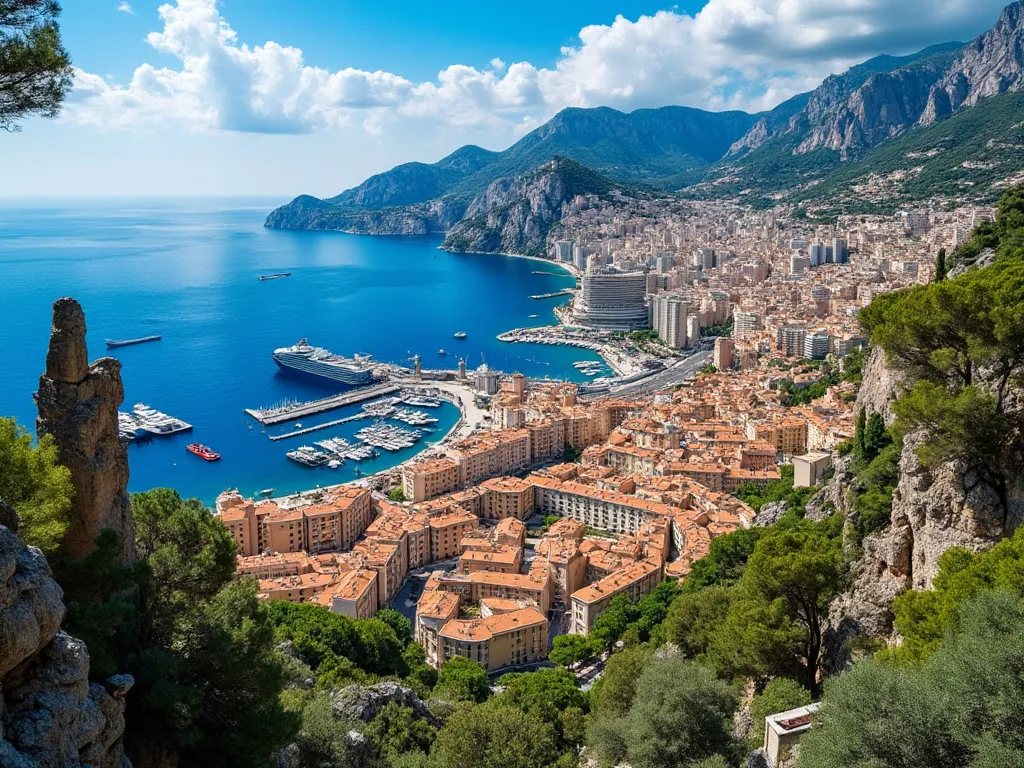 Monaco
Monaco
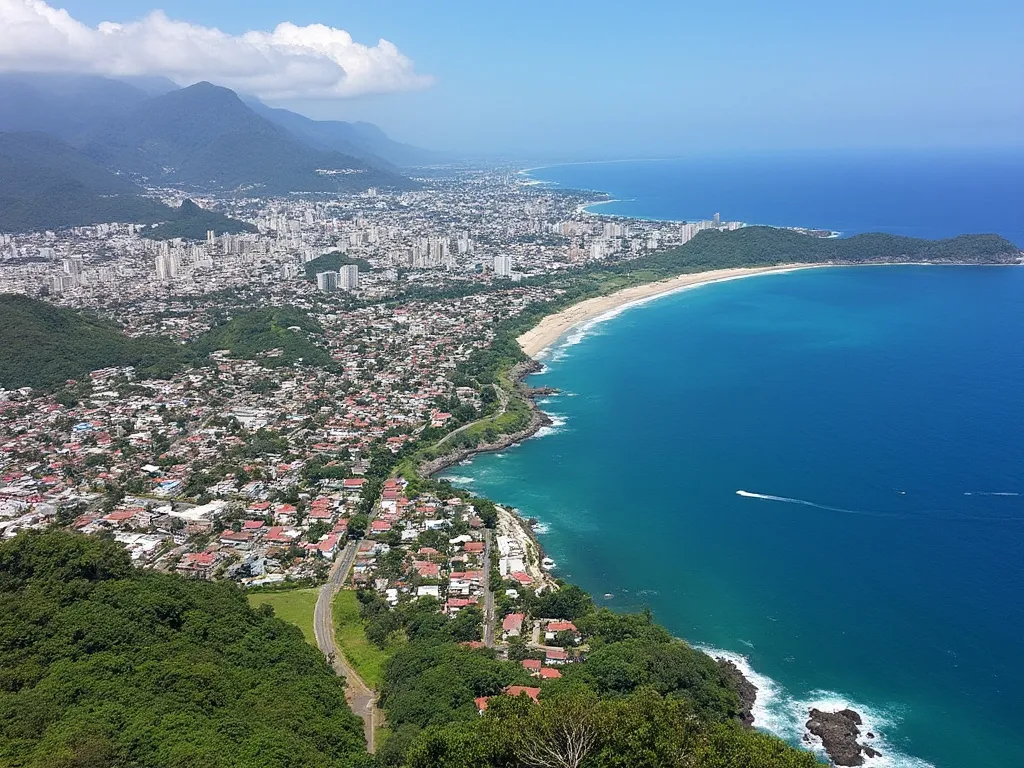 Monrovia
Monrovia
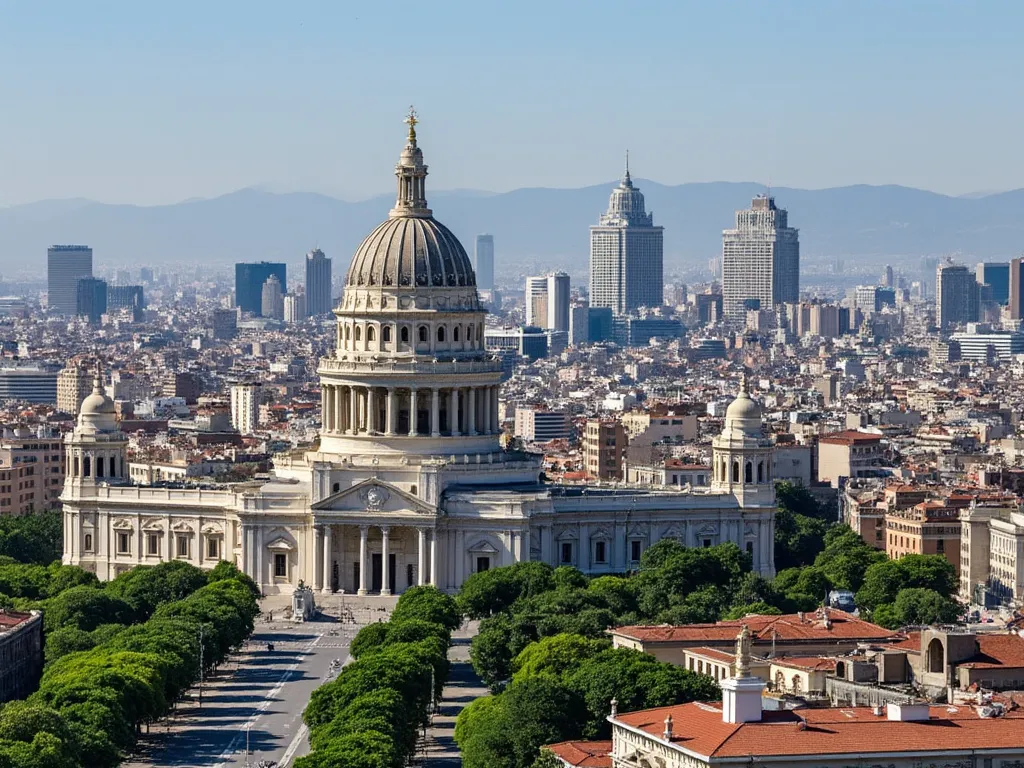 Mexico City
Mexico City
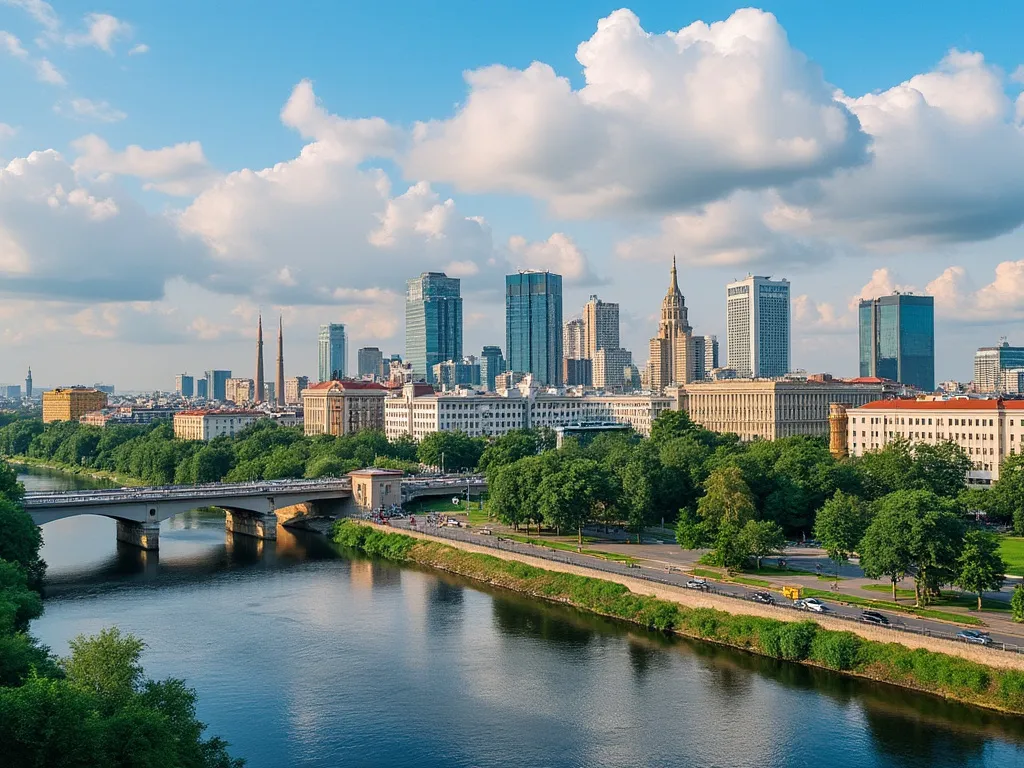 Minsk
Minsk